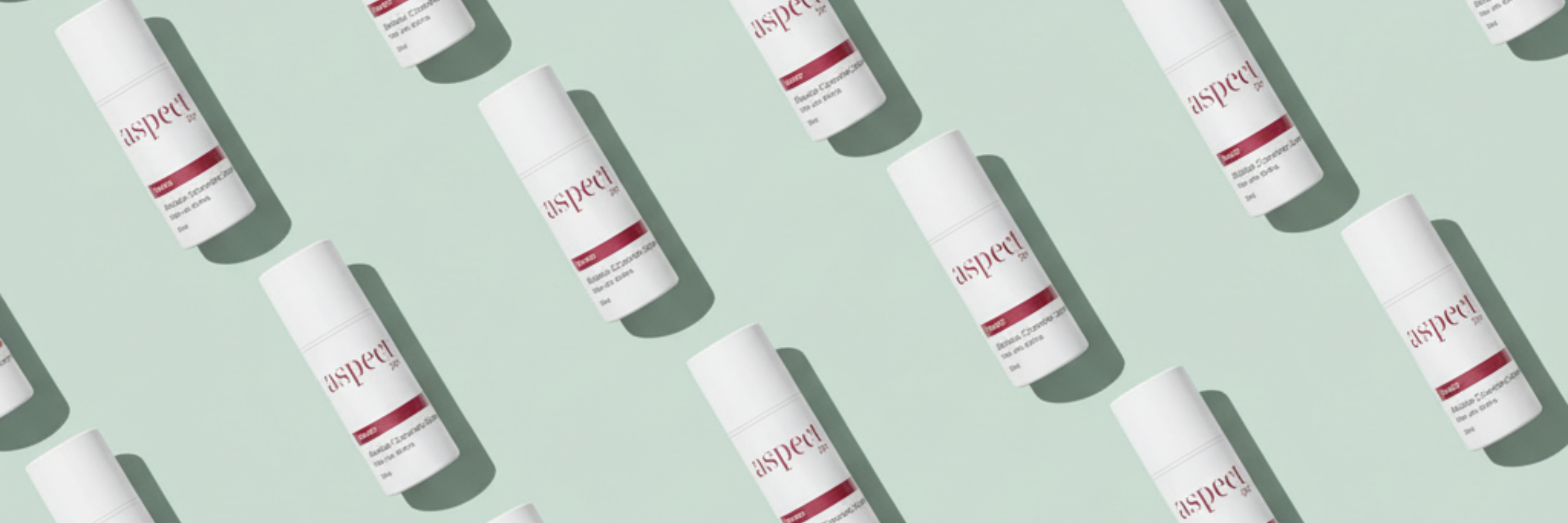
Cosmeceutical vs. Pharmacy Skincare: What’s the Real Difference?
The Aisle vs. the Clinic
If you’ve ever stood in a pharmacy aisle staring at endless skincare bottles, you’ve probably asked yourself: What’s the difference between these products and the ones you’ll find in a clinic like PCMC?
The truth is, not all skincare is created equal. While pharmacy or supermarket products can help your skin feel nice in the short term, cosmeceutical (medical-grade) skincare goes deeper, delivering long-lasting results at a cellular level.
In this article, we’ll break down the difference between cosmeceutical and pharmacy skincare, why it matters for your skin health, and which brands we trust at PCMC to give New Zealanders the results they’re looking for.
What Are Cosmeceuticals?
Cosmeceuticals sit in the space between cosmetics (beauty products) and pharmaceuticals (medicine). They are science-backed skincare formulations designed to target specific skin concerns with precision.
-
These products contain higher concentrations of active ingredients such as retinol, vitamin C, peptides, and growth factors.
-
Clinically tested to prove their effectiveness.
-
Formulated to penetrate deeper into the skin, working at a cellular level rather than just on the surface.
-
Often recommended or prescribed by trained skin professionals after a consultation.
Think of cosmeceuticals as skincare with purpose. Every ingredient has a job to do, and the formulations are designed to deliver visible, measurable improvements in your skin.
What Is Pharmacy Skincare?
Pharmacy (or supermarket) skincare is cosmetic-level skincare — the kind most people have tried at some point.
-
Lower concentrations of active ingredients to ensure safety for mass-market use.
-
It is readily available at supermarkets, chemists, or department stores.
-
Often focused on marketing and sensory appeal (smell, texture, packaging).
-
Works primarily at the surface level of the skin to improve its appearance and feel in the short term.
These products are great for hydration and maintaining a basic routine, but they are not designed to correct skin conditions such as pigmentation, acne, fine lines, or rosacea.
Key Differences Between Cosmeceutical and Pharmacy Skincare
1. Strength of Active Ingredients
-
Pharmacy: Safe, low-dose actives that feel pleasant but rarely transform the skin.
-
Cosmeceuticals: Potent levels of clinically proven ingredients that deliver results you can see.
2. Skin Penetration
-
Pharmacy: Ingredients mostly stay on the surface.
-
Cosmeceuticals: Special delivery systems push active ingredients deeper into the dermis, where change really happens.
3. Regulation & Testing
-
Pharmacy: Regulated as cosmetics, with no requirement to prove clinical effectiveness.
-
Cosmeceuticals: Supported by scientific studies, peer-reviewed research, and professional endorsement.
4. Results Over Time
-
Pharmacy: Improves hydration, glow, or feel for a few hours or days.
-
Cosmeceuticals: Long-term improvements in skin structure, tone, clarity, and resilience.
Why Cosmeceuticals Deliver Results
The main reason people switch from pharmacy skincare to medical-grade cosmeceuticals is results.
Cosmeceuticals are designed to:
-
Stimulate collagen production for firmer, younger-looking skin.
-
Reduce pigmentation and sun damage (a big issue in New Zealand with our high UV index).
-
Improve skin barrier function for healthier, more resilient skin.
-
Clear acne and prevent breakouts long-term.
-
Slow down visible signs of ageing.
And because skin professionals recommend them, you know you’re choosing products that are matched to your specific skin type and concerns — not just following the latest influencer trend.
Trusted Cosmeceutical Brands at PCMC
At PCMC, we only stock brands that are proven, safe, and effective. Here are some of our favourites:
Aspect Dr
An Australian cosmeceutical brand developed for professional clinics. Aspect Dr offers advanced formulations for ageing, pigmentation, and sensitivity, with gentle but powerful actives that deliver real results.
SkinCeuticals
A global leader in medical-grade skincare, SkinCeuticals is famous for its vitamin C serums (like the cult-favourite C E Ferulic). Backed by decades of research, this brand is trusted by dermatologists worldwide.
Juvenate
Proudly New Zealand-made, Juvenate is designed specifically for local skin concerns and our unique environment. It’s the perfect choice if you want to support homegrown science while achieving healthy, glowing skin.
Cosmeceuticals and In-Clinic Treatments: The Perfect Pairing
One of the biggest advantages of using cosmeceuticals is how they complement professional skin treatments.
For example:
-
Microneedling + Cosmeceuticals = better collagen stimulation and faster healing.
-
Injectables + Cosmeceuticals = longer-lasting, natural-looking results.
-
Peels + Cosmeceuticals = brighter, smoother skin with reduced downtime.
Using pharmacy skincare after an advanced treatment may not provide the nourishment or protection your skin really needs. With cosmeceuticals, you’re ensuring your investment in treatments is maximised.
Skincare in the New Zealand Context
Why does this matter so much for Kiwi skin?
-
High UV levels: New Zealand has some of the highest UV exposure in the world, making pigmentation, sun damage, and premature ageing common concerns.
-
Outdoor lifestyle: From the beach to the mountains, our active way of life means our skin is exposed to the elements more than most.
-
Unique environment: Humidity, wind, and pollution in our cities can all impact skin differently.
Cosmeceuticals are better suited to these challenges because they are formulated to repair, protect, and strengthen the skin at a deeper level.
How to Choose the Right Skincare for You
Skincare isn’t one-size-fits-all. What works for your friend might not work for your skin.
At PCMC, we recommend starting with a consultation with our clinicians, who can:
-
Analyse your skin type and concerns.
-
Recommend a customised skincare routine using cosmeceutical products.
-
Combine at-home care with in-clinic treatments for the best results.
This personalised approach ensures you’re not wasting money on products that look nice but don’t actually work for you.
Invest in Your Skin, Invest in Yourself
The difference between cosmeceutical and pharmacy skincare comes down to science, strength, and results. Pharmacy products are great for maintaining basic hydration and skin comfort, but if you want to correct concerns, slow ageing, and truly transform your skin, cosmeceuticals are the smarter investment.
At PCMC, we’re proud to offer New Zealanders access to the world’s leading cosmeceutical brands — backed by professional advice and tailored to your skin.
Ready to move beyond supermarket skincare?
-
Book a consultation with our team today.
-
Shop our cosmeceutical skincare online and experience the difference.



